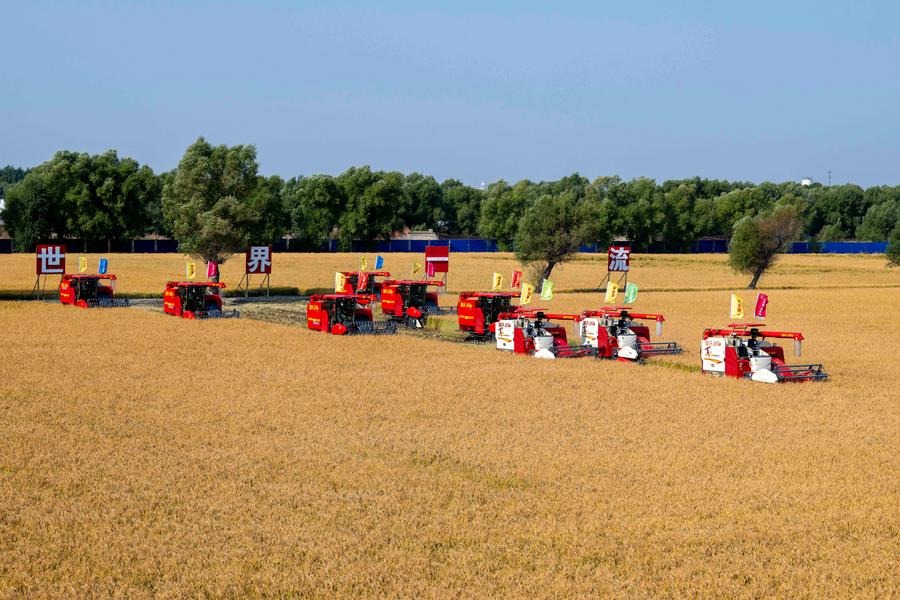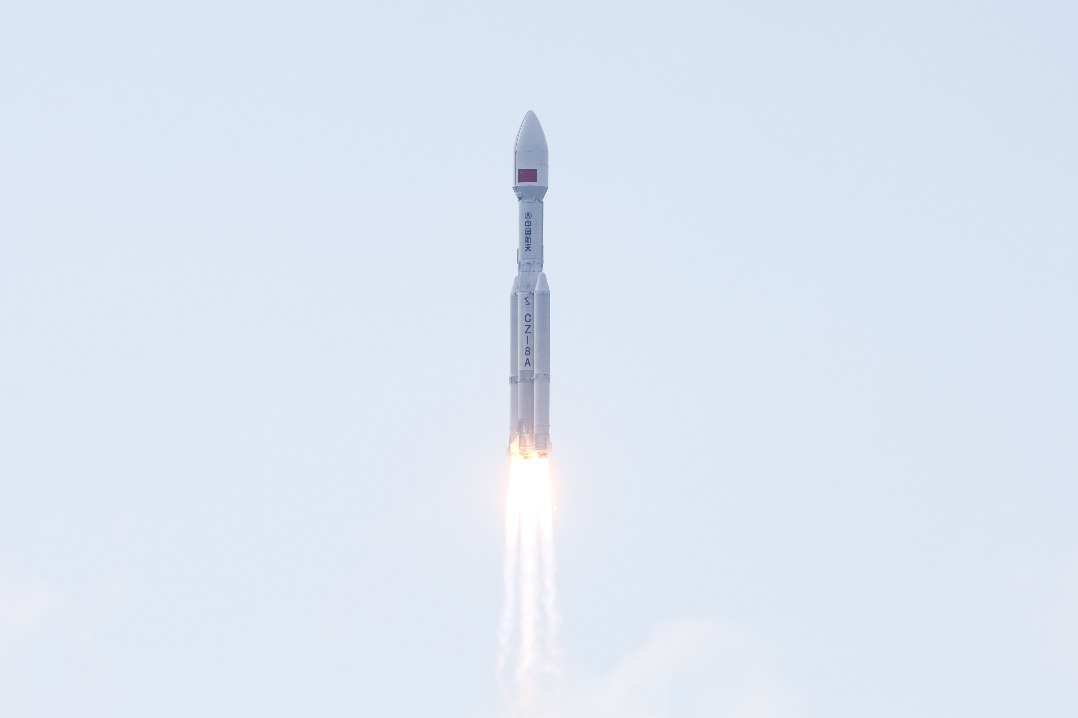Focus tightens on facial recognition

Steps taken
Internet enterprises have paid close attention to the protection of personal information by introducing stricter measures. For example, Sina Weibo has used the Cybersecurity Law and related regulations to provide protective measures. The action taken is aimed at data classification, building a secure system for personal information, including the collection, storage and transmission of data.
"We save users' sensitive information through encryption to improve privacy security and to reduce the risk of data being released on the public network," the company said.
Growing public concern over the issue has attracted the attention of legislators and administrators, in turn accelerating the drafting of laws and increasing the number of inspections.
Cao Jianming, vice-chairman of the Standing Committee of the National People's Congress, the country's top legislature, said it is essential to give special and stronger protection to sensitive personal information.
"Abuse of and excessive or disorderly use of new technologies, especially artificial intelligence and facial recognition, have been seen more frequently at enterprises and government agencies," he said late last month while deliberating on a draft of the country's first law on protecting personal information.
Cao said the issue was becoming increasingly serious, adding, "Special administrative permission with stricter review is urgently needed when an employee or departments plan to use the technology."
Zhou Min, a member of the legislature, said facial data must only be collected or used for maintaining State and public security.
"We should pay close attention to businesses, such as real estate agencies, attempting to apply the technology and bar them from collecting facial data," she added.
Wang Chaoying, another NPC Standing Committee member, said providing facial information should not be compulsory.
"For example, a community management department should make other options available for people to prove their identities and grant them entry if they decline to use a facial recognition system," he said.
Although the draft will take some time to become law after further amendments, Guo, the associate professor, was pleased to learn that it calls for the Cyberspace Administration to introduce a special regulation governing the use of facial recognition technology.
Viewing this as a highlight of the draft, he said it means that those who have the right to apply the technology, and the way in which it will be used, will be regulated in "an administrative manner".
"A clear picture is needed urgently on the people who are qualified to use the technology. Naming a third party to assess whether those collecting such information have the ability to protect data is also crucial," Guo said.
"In simple terms, the application of facial recognition technology needs a threshold. Not everyone can use it."
- Shanghai demonstrates ecological protection, building a green future
- Lithium battery spontaneously combusts on flight from Hangzhou in China to Seoul, no injuries reported
- China-EU university presidents' dialogue advances education
- Foreign vloggers immerse themselves in the cultural heritage of Shanxi
- Hunan's traditional crafts turn heads at Paris fashion show
- Company's initiatives highlight Xinjiang's shift to low-carbon gas transportation




































